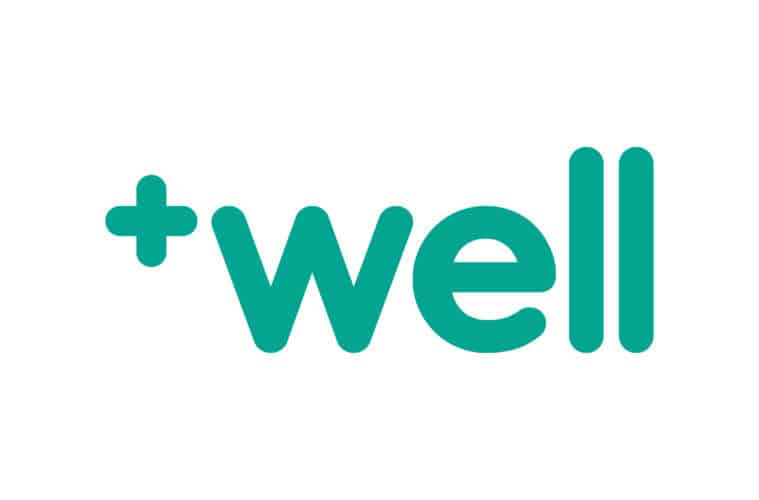As a provider of health and wellbeing services to communities across the UK, with teams working tirelessly on the frontline throughout the pandemic, we’ve now completed Covid risk assessments for almost all our colleagues.
We had already taken a lot of action to make sure our teams stayed safe and secure. We provided PPE supplies, installed protective screens in all our pharmacies, revised some of our procedures, increased cleaning and sanitising activities, and kept everyone informed of the changing advice and guidance through regular communication.
So, when the call to risk assess high risk groups went out, we went a step further and put in place a risk assessment process for every one of our 6,700 colleagues, no matter where they worked in the business. Jacqueline Lunardi, People Director, said, “While the infection rate stats were clearly indicating a specific concern among the BAME community and other higher risk groups, we decided from the start that the action we would take was going to be for every colleague, including those on furlough, as we all faced the challenges Covid presented us with together. We also set up an ongoing process so anyone returning to work after a period of time off – for example, from maternity or long-term sick – and those whose health situation changes, completes an assessment too.”
We also engaged with Professor Mahendra Patel (a senior academic and pharmacist of national and international profile who specialises in health inequalities associated with BAME and disadvantaged groups) to help identify any particular risk areas for BAME colleagues that we needed to identify. Speaking of our risk assessment process, Professor Patel said, “It’s reassuring to see that Well are being extra vigilant at wanting to help address the issues around BAME communities being disproportionally affected by Covid, and it’s great to see meaningful action being taken. Equally, it’s a real positive step that Well have taken to apply this risk assessment across all their employees to make sure they don’t exclude anyone at risk. I’m even more delighted to see that this isn’t just a one-off exercise and that Well continue to understand their employees’ needs to keep everyone protected. It’s been a pleasure to share my insight and experience to help them with this work.”
In June, we sent a risk assessment questionnaire to every colleague. Behind the scenes, we created a robust evaluation matrix that would assess the risk to individuals based on the responses to the questions they gave. This enabled us to focus on those with the highest risk factors first and take immediate action.
The actions we were able to take as a result of the risk assessment varied depending on the responses. These ranged from arranging 153 full, externally provided, occupational health assessments for those with particular risks, through to emailed reminders about good practice to those who didn’t present a risk, but whose responses indicated that they could benefit from a reminder about the extra safety protocols we’d already put in place. The results we saw did support the action we’d already taken with the majority of colleagues whose risk assessment led to an occupational health assessment already being on furlough.
“Our number one priority is the safety and security of our teams,” continues Jacqueline. “and I believe we’ve taken prompt and comprehensive action to ensure this.”
Janice Perkins, Pharmacy Superintendent, added, “Having this comprehensive risk assessment process has given a lot of reassurance to our teams. Continuing to serve patients and customers on the frontline in a healthcare setting throughout the pandemic was concerning to some colleagues. Knowing that we were not only providing PPE to manage this, but also risk assessing each individual’s situation fully, meant that our teams knew we were going that step further for their own safety.”
Summing up the process we’ve been through, Jacqueline says, “Our teams responded fantastically and more than 95% have completed their assessments now. We’re now continuing to assess those who are returning to work and we also have a process in place to re-assess anyone whose situation changes to make sure we keep everyone safe during these challenging times.”



